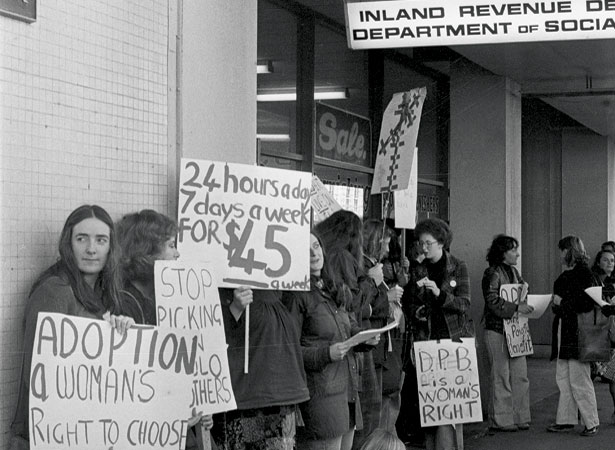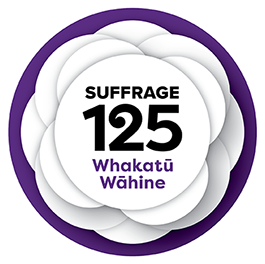
The passage of the Social Security Amendment Act by Norman Kirk’s Labour government introduced a domestic purposes benefit (DPB) to New Zealand’s social welfare system.
The creation of the new benefit was one of the recommendations of a Royal Commission on Social Security which reported in 1972. The DPB was primarily intended to help female New Zealand residents with a dependent child or children who had lost the support of their husband, or were inadequately supported by him. It was also available to unmarried mothers and their children, women without husbands who were caring for incapacitated relatives, and some older women who were living alone.
While men raising children on their own could also claim the DPB, the vast majority of these beneficiaries were women. A new and sometimes maligned category of New Zealander was created: the ‘solo mum’.
Controversy about the DPB intensified after the election of a National government in late 1975. In March 1976, Minister of Social Welfare Bert Walker claimed that some solo mothers were abusing the system by claiming the benefit while living in de facto relationships. At that time more than 23,000 people were receiving the benefit.
Its defenders insisted that the DPB was an important right for women. It gave them and their children some protection from the financial consequences of a failed relationship. Its advocates also argued that as the amount paid barely covered basic necessities, the existence of the DPB was hardly an incentive to give up paid work.
The initial basic weekly rate for the DPB was $23.70 (the same as the unemployment benefit and national superannuation for someone living alone), plus $3 for the first dependent child and $1.25 for each additional dependant. The weekly adult minimum wage in 1973 was $45 for men and $34 for women. The average weekly male wage in 1975 was $95.
Read more on NZHistory
1973 - key events – The 1970sCrèches and early childcare – Crèches and early childcare
External links
How to cite this page
'DPB legislation enacted', URL: https://nzhistory.govt.nz/page/legislation-introduce-dpb, (Ministry for Culture and Heritage), updated 26-Oct-2023

